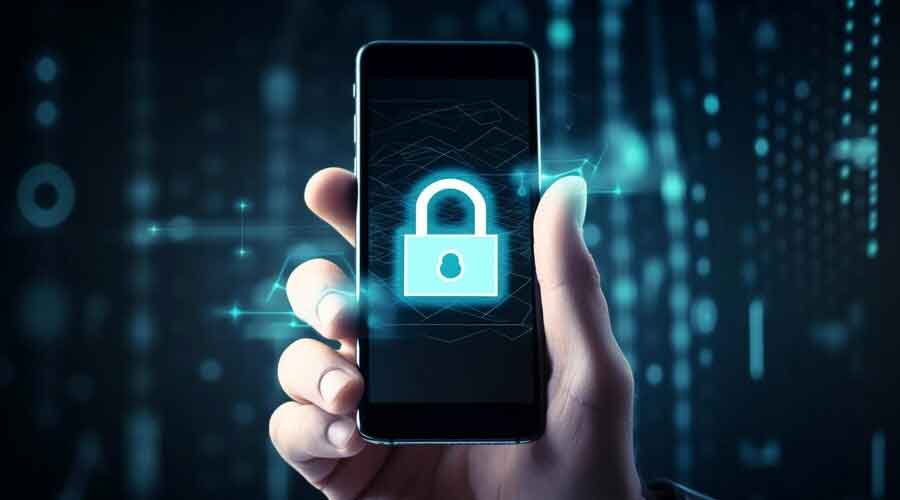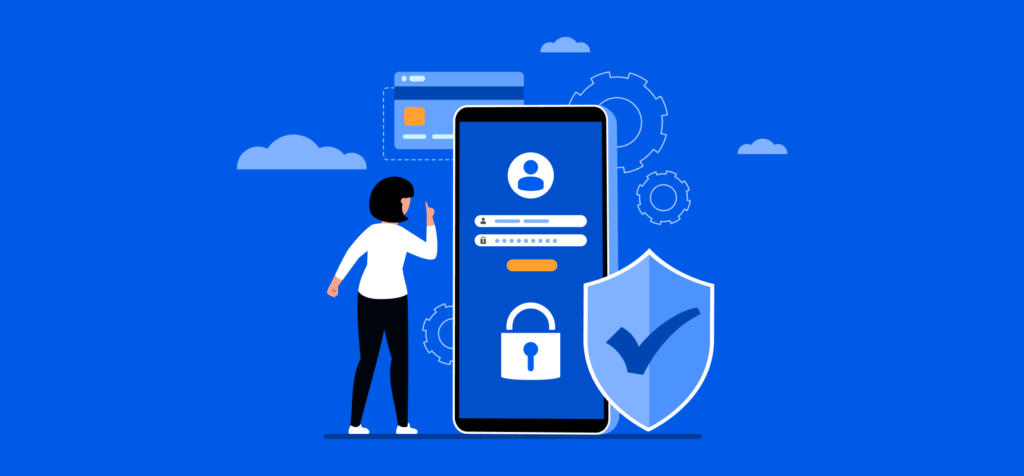Travel opens up opportunities for discovery, but it also creates vulnerabilities for your smartphone. From logging into public Wi-Fi at airports to crossing borders where inspections are increasingly common, you need to safeguard both personal and sensitive information on your device against an array of cyber-risks. Here are some practical steps you can take to keep your phone secure before, during, and after your trip – so you relax and can focus on enjoying the adventure.
Essential pre-trip smartphone checks
Start with an easy fix – updating your phone’s operating system and apps so that known weaknesses are patched. Also, back up all photos, contacts, and documents to secure cloud storage or an external drive in case your device is lost or damaged. Enable encryption to protect local data, and set a strong passcode alongside fingerprint or face recognition. These small steps don’t take long, but they mean that even if your phone is compromised or stolen, your personal details aren’t easily exposed.
Protect yourself when using public Wi-Fi
Picture yourself in a quiet café in Rome, quickly checking your emails. But that free network might not be as safe as it seems. Unsecured Wi-Fi is a common haunt of hackers and other cybercriminals. Always turn off auto-connect and Bluetooth, and if you absolutely must use public networks, enhance security with a VPN chrome extension to encrypt your connection and keep sensitive information like banking details hidden from malicious actors.

Be alert to phishing and malware scams
While travelling, it’s so easy to drop your guard. But phishing scams are getting more sophisticated, so it’s important to stay alert and avoid clicking on suspicious links in texts or emails (especially if they urge you to take immediate action). Be wary of tourist-related offers that seem too good to be true (like last-minute theatre tickets or hotel upgrades). Installing reputable antivirus software provides another line of defence against malicious apps or downloads.
Encryption and burners: Prepare for border security checks
Some countries allow border agents to inspect electronic devices. If you’re concerned about privacy, consider travelling with a secondary ‘burner’ phone carrying only essential apps and contacts. If you will be using your primary device, power it off and ensure encryption is enabled. This way, even if it’s inspected by agents, your sensitive information remains secure.
Protect your data while enjoying your trip
Think of your smartphone as both a travel tool and a personal vault. By preparing it before departure, using caution on public networks, avoiding phishing risks, and protecting it at borders, you’ll safeguard your information and enjoy peace of mind while exploring the world.



